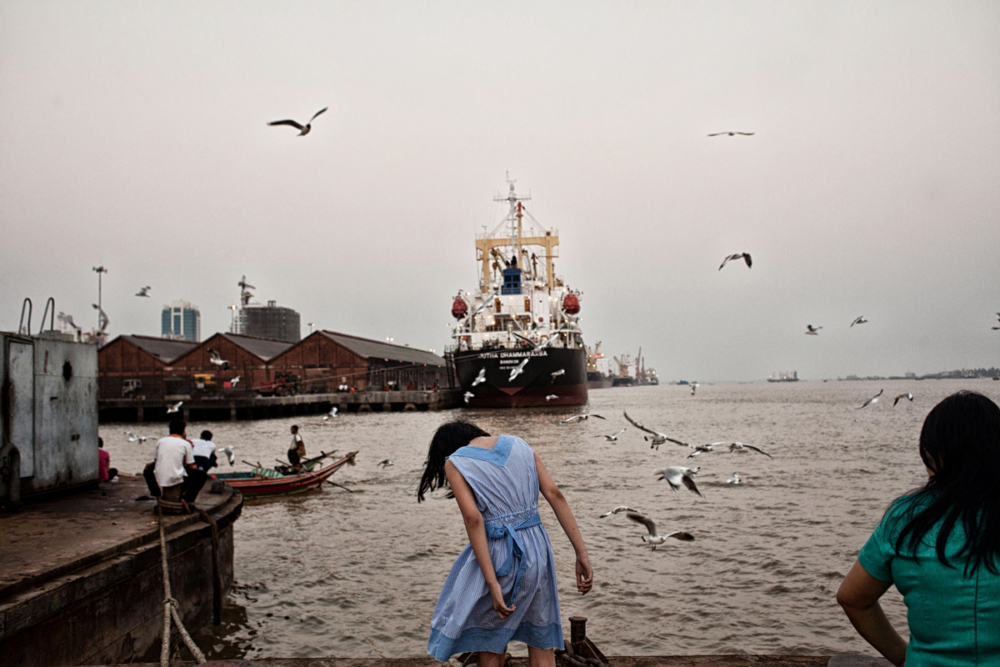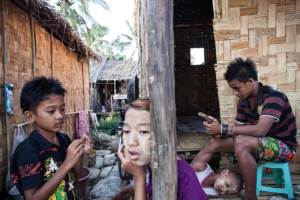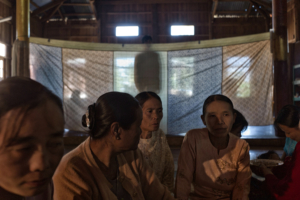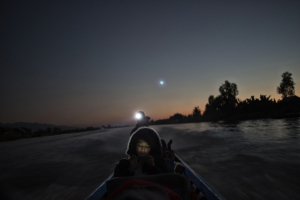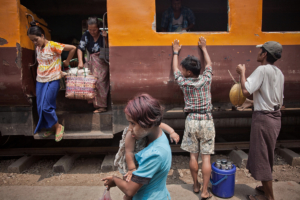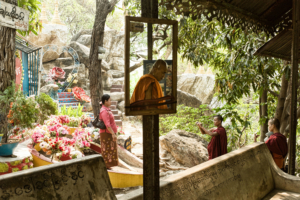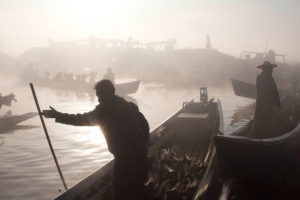Their sweaty, sinewy bodies writhed in ecstasy. Fists clenched, they punched the air and screamed with abandon. These young men and women were letting it all out at a concert by Myanmar’s hottest rock band, Iron Cross, in the heart of the old capital of Yangon.
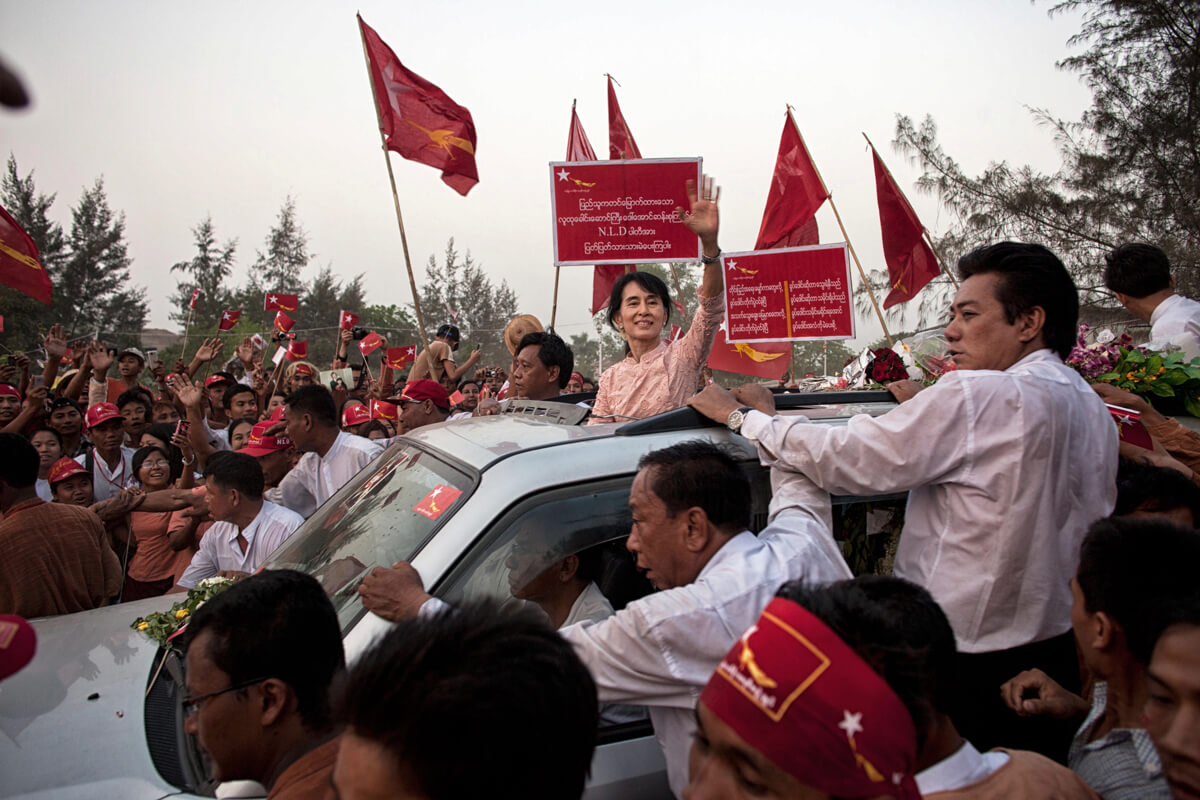
A day earlier, I had been in another heady bubble of hope and energy: at a political rally to hear Aung San Suu Kyi, the charismatic Nobel Peace Prize winner who heads the opposition. Thousands of ordinary people, from the very young, to the old and frail, filled a field and lined the dirt track her car was due to drive down in Dagon Port Township, 90 minutes south of Yangon — waiting under a scorching late afternoon sun to catch a glimpse of her. Two hours and many false starts later, the crowd surged forward, straining against the human barricade of her party activists’ linked arms. A scram broke out, flowers were tossed out to the icon commonly addressed here by the respectful yet endearing term “The Lady.” She waved and smiled gently, standing erect through the sunroof of her car as it inched through a mass of people.
She is much more than a rock star here. She is heroine, democracy icon and the embodiment of all the hope that many Burmese have: that change will now finally come to their country.
After decades of military rule, the April 1, 2012 by-elections are seen as a watershed in this nation of 55 million. Aung San Suu Kyi, who was released from house arrest in late 2010, is likely to win a seat in parliament. Even if it wins convincingly, her party, the National League for Democracy, will have only a slither of the seats in the military-dominated parliament. But for most Burmese, this is a start of a new and promising chapter.
There is an undeniable sense of expectation, even in cities and towns beyond Yangon. T-shirts, posters and stickers of Aung San Suu Kyi are on trucks, buses, in shops, on people’s chests, hats, just about everywhere – they were banned even just a few months ago. Teashops are abuzz with chatter on politics – less furtive than before. Some political prisoners have been released, and Burmese dissidents have started to come home. On the economic front, the government has announced plans to allow foreign banks in and introduce a more affordable mobile phones. International hotel chains are looking to set up shop, to meet exploding demand. Even electricity supply in Yangon is “almost 24 hours now”, says a local friend, well used to daily power outages.After decades of relative isolation that have left the resource-rich country one of Asia’s poorest nations, Myanmar is now also beginning to grapple with the complexities of globalization. A growing number of air-conditioned malls and classy restaurants are popping up in Yangon, rivaling the colorful street markets and food stalls that give the city its flavor.
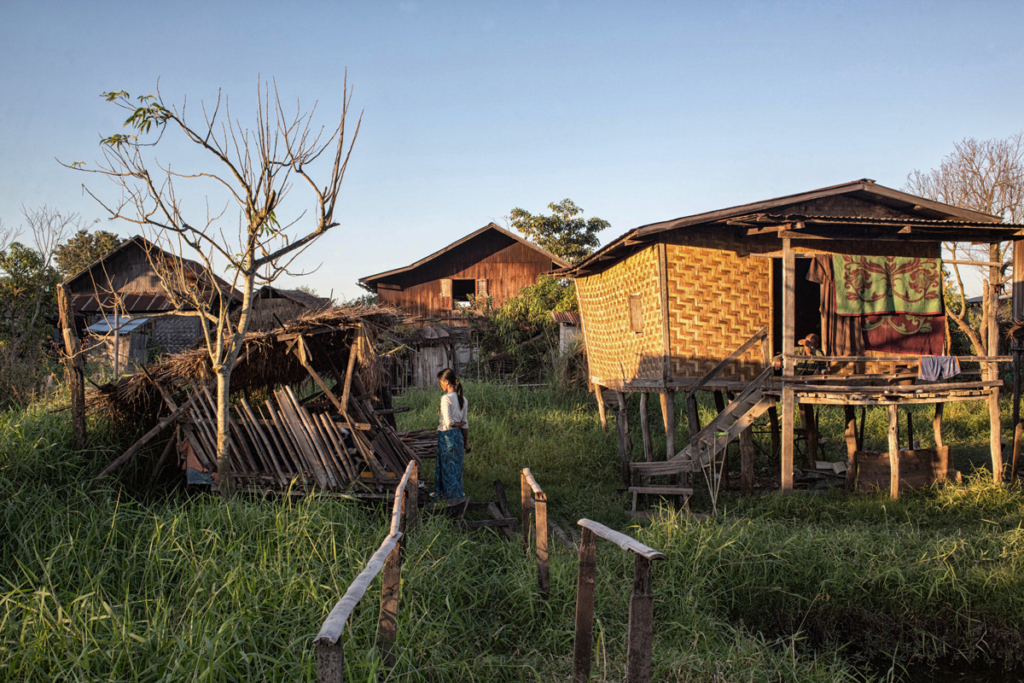
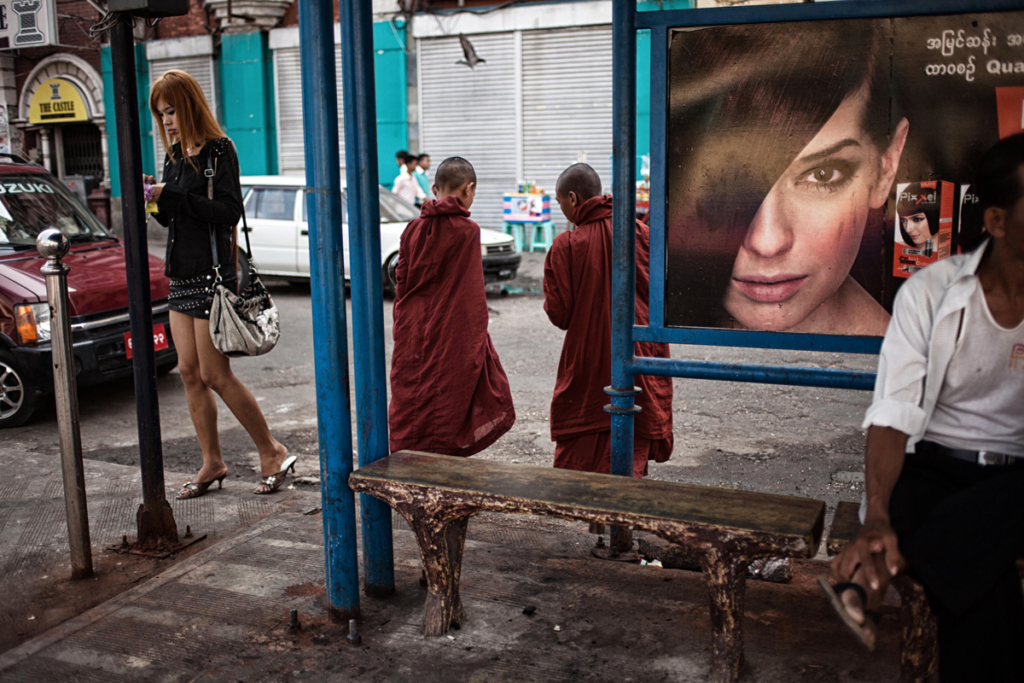
Some question if political change will be real or lasting, and even the optimistic worry if the regime will relapse into old ways. A local political observer said: “Now the generals have just taken off their uniforms. They can put them back on any time. That’s why Burma, no change.” But even he conceded: “Let’s first watch the elections, see if they are free and fair.”
Most Burmese I’ve met here recently seem to hold out hope, however tentative. As a local NGO worker in Mandalay put it: “For us, it is now it’s like 3 in the morning. We can sense that the sun is coming out, but we can’t see it yet.”
See Project Exhibition:
Group show “Mother Democracy”, on Burma and Aung San Suu Kyi, Nobel Peace Center, Oslo, June – Nov 2012
See Project Publications:
TIME Magazine, June 2013
Foreign Policy Magazine, September 2013
